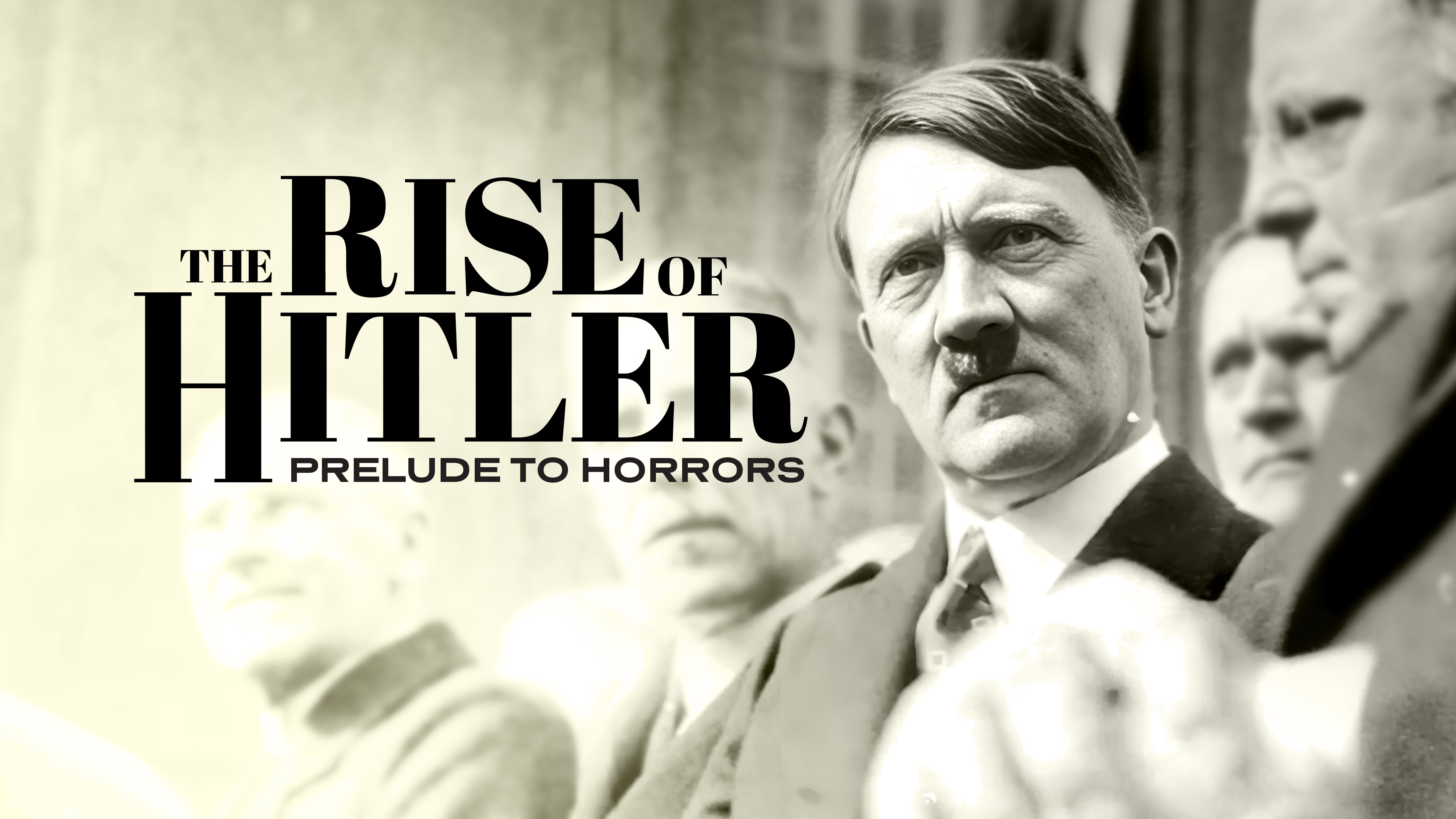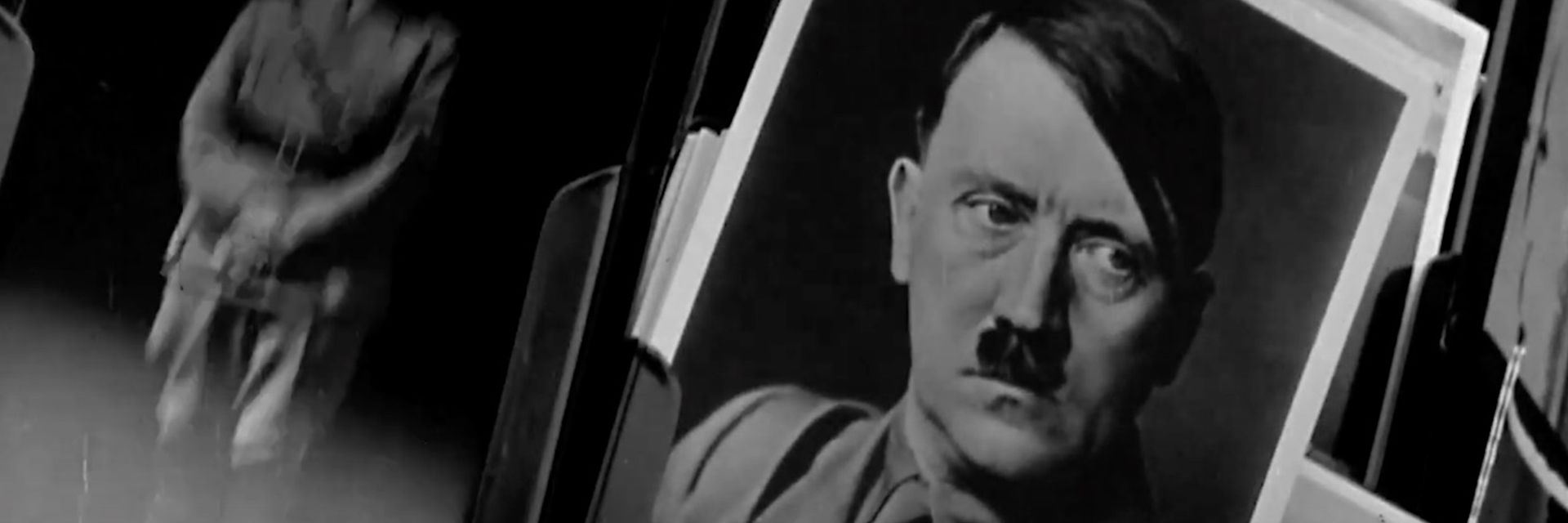The historical context of Hitler’s rise to power is complicated, but two historians give us an accessible overview.
◊
The name Adolf Hitler evokes in me a curious mixture of, among other unsettling feelings, repulsion and disbelief. Perhaps the two are related: I am repulsed by Hitler’s murderous hatred of specific groups of people, which results in disbelief. How could anyone harbor such blatantly false beliefs, let alone single-mindedly pursue the type of power that would allow acting on them. Equally, if not more baffling, is that a substantial plurality of eligible Germans actually voted for him in the two-round election of 1932.
As with most confusion, I want to resolve it into what I can explain. Even if my explanation lacks nuance or comprehensiveness, at least I’ve got a start on understanding. It’s kind of like arriving in a new city and learning the basic layout. GPS helps me get started, and then moving through the city myself orients me to things like spatial relations more vividly than does a map.
In this case, the historian’s work might be analogous to a GPS. In other words, I’m not a historian, I don’t study German history, World War I, or the events leading up to, and including, World War II. I consider my understanding, certainly compared to scholars who spend time on the topics, as sketchy. So, if experts give me the lay of the historical land, if you will, I can go off and explore more on my own.

Coming to MagellanTV on November 21.
This is what I concluded about The Rise of Hitler. The documentary is a wonderfully concise and accessible overview of key moments that facilitated Hitler’s goals of gaining total power and eliminating those he hated.
What struck me most was the confluence of orchestrated and accidental events. Among Hitler’s goals was the consolidation of cultural power by eliminating every activity not carrying the Nazi brand. The Enabling Act helped Hitler achieve this by giving him the power to censor speech and activities and to rescind rights.
In Nazi Germany, if you were a kid who wanted to join a youth group, it had to be the Hitler Youth. No other such group existed, and the aim of these moves was to create a monolithic culture in which individualism was suppressed or eradicated. The freewheeling cabaret culture of the late 1920s, along with progressive public policies, including women serving in public office, was eliminated by the stroke of Hitler’s pen in 1933. Even more extreme was Hitler’s termination of elections.
The geopolitical contexts for Hitler’s rise to power were outside the wannabe dictator’s control. These events include Germany’s devastating defeat in the Great War, Kaiser Wilhelm II’s abdication and Germany’s struggle to move from a monarchy to a republic, the punishing effects of the Treaty of Versailles, and the Great Depression. Historians Guy Walters and Lisa Pine provide us with a useful map that orients us to some of the basic landmarks in a terrible history we should never repeat.
Ω
Mia Wood is a philosophy professor at Pierce College in Woodland Hills, California. She is also an adjunct instructor at Salve Regina University and the University of Rhode Island. In addition, Mia is a MagellanTV staff writer interested in the intersection of philosophy and everything else. Among her relevant publications are essays in Mr. Robot and Philosophy: Beyond Good and Evil Corp (Open Court, 2017), Westworld and Philosophy: Mind Equals Blown (Open Court, 2018), Dave Chappelle and Philosophy: When Keeping it Wrong Gets Real (Open Court, 2021), and Indiana Jones and Philosophy: Why Did It Have to be Socrates? (Wiley-Blackwell, 2023).
(Title Image is from The Rise of Hitler)

